Selected books by staff and Associates of the Birkbeck Institute for the Study of Antisemitism.

In this volume, historians, social scientists and philosophers reflect on definitions of antisemitism and Islamophobia in both the past and the present. The essays explore the deep historical roots of contemporary debates and consider how and why definitions of antisemitism and Islamophobia have become a site of fierce political contestation in recent years.

Britain, one of the most dominant states in world history, faces growing demands for nationalist secessionism. Class, gender, regional and generational inequalities are deepening while endemic racism has been re-invigorated. How has it come to this?
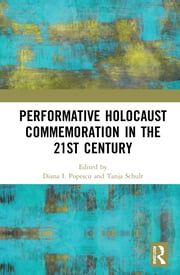
This edited volume charts the performative dimension of Holocaust memorialization through a selection of artistic, educational, and memorial projects. It explores how performative practices came into being, what impact they exert upon audiences, and how researchers can conceptualise and understand their relevance.

This book offers a profoundly new picture of the role that Zionism played in East-Central European communities during the First World War and a new interpretation of Zionism’s breakthrough as a key social and political movement in the region. It also makes fresh contributions to the understanding of relations between Empire and nation and the development of post-war violence in East-Central Europe.
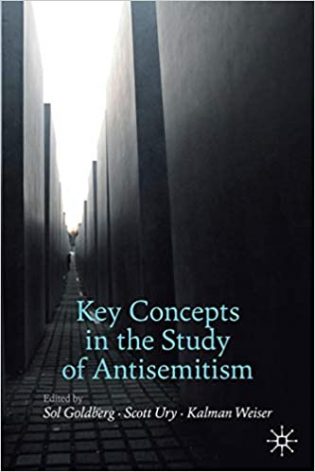
Leading scholars in a variety of fields trace the history and scholarly debates around a key concept. Each chapter presents an original argument, points to avenues for further research and provides a method of investigation.
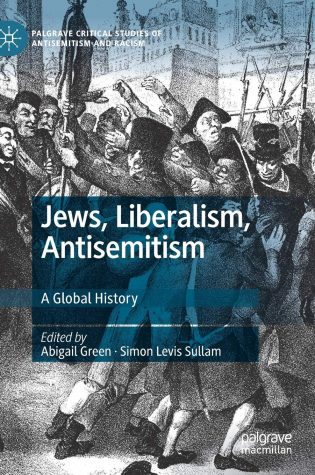
A collection of original and provocative essays that illuminate the historic relationship between Jews, liberalism and antisemitism in Europe, the Ottoman empire and the North American Atlantic World.
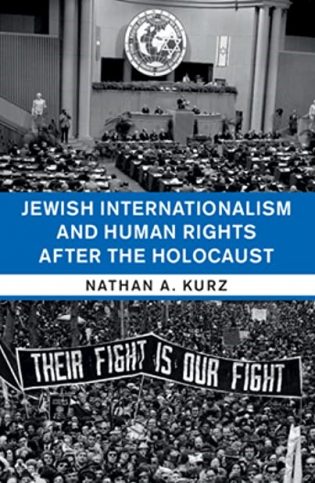
This book charts the fraught relationship between Jewish internationalism and international rights protection in the second half of the twentieth century.
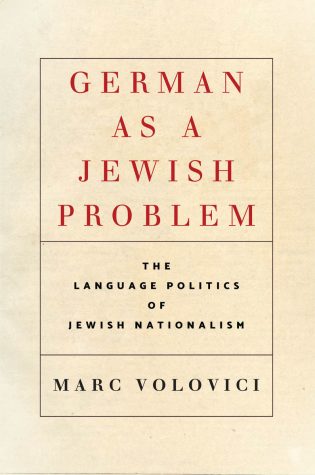
The German language holds an ambivalent and controversial place in the modern history of European Jews. Marc Volovici offers a new understanding, turning to German to illuminate the questions and dilemmas that largely defined the experience of European Jews in the age of nationalism.

Our work shows how antisemitism has often been intertwined with anti-Muslim, anti-migrant, anti-black and anti-Irish bigotries. Antisemitism and other racisms should not be considered in isolation and still less in competition.
Professor David Feldman, Director